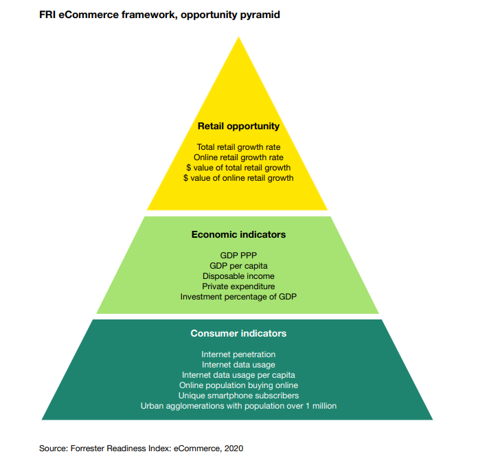
Crew members apply labels to bottles for hand sanitizer at Eight Oaks Farm Distillery in New Tripoli, Pennsylvania, on March 19, 2020.
Branden Eastwood | AFP | Getty Images
Whiskey sales have fallen at least 50% at the New Liberty Distillery in Philadelphia because of the shutdown of bars, restaurants and state-owned liquor stores due the coronavirus outbreak. The pain can be even greater for many others, said owner Robert Cassell.
“Some distilleries, that number is probably closer to 80% because they’re smaller operations that rely on the direct-to-consumer [channel],” said Cassell, who is also the president of the Pennsylvania Distillers Guild.
Hoping to use their facilities to help battle the coronavirus outbreak and keep employees on the payroll, the guild has partnered with the state of Pennsylvania to produce 100,000 bottles of hand sanitizer using alcohol that would normally fill bottles of spirits. Bottlers of sanitizer have been in short supply as people look to prevent the spread of the highly contagious virus.
Globally, major distillers and brewers including Anheuser-Busch InBev, Bacardi, Diageo, Jack Daniels-maker Brown-Forman and others have launched similar efforts to donate or sell at cost the alcohol needed to make sanitizer under the World Health Organization guidelines. But these efforts face two hurdles that the industry is working to resolve.
One big problem for smaller distillers and brewers: if the sanitizer is made with undenatured alcohol, or alcohol meant for human consumption, producers must pay a federal excise tax. Denatured alcohol is already exempt from the tax.
Cassell and other members of the guild say the tax would hurt their ability to help the public and continue paying more than 2,000 distillery workers in the state. The $2 trillion stimulus bill passed by Senate late Wednesday night included a provision to make distillers exempt from the tax in 2020, Cassell and others looking to help are confident the House will pass the measure.
“This is a way that we can bring a service to the public on a much-needed commodity,” said Cassell. “Tax is an issue, [but] there is some level of confidence we can do this without a massive level of exposure.”
The federal excise tax on distilled spirits is $2.70 per gallon for the first 100,000 gallons produced in a calendar year. For every additional gallon, the tax is $13.34 until more than 22 million gallons are made.
Another hurdle these efforts face is that guidance from the Food and Drug Administration could stop the companies from making sanitizer.
Chris Swonger, president of the Distilled Spirits Council of the U.S., said the FDA advised the group on Tuesday that undenatured alcohol would not be acceptable for hand sanitizer due to concerns that children could consume the sanitizer with drinkable alcohol. The trade group is now in communication with lawmakers and the FDA to find ways to keep distillers and brewers making sanitizer without incurring any extra expenses.
“It’s a challenge,” he said. “Not many distillers hold onto denatured alcohol and some of the chemicals needed for the conversion process are hard to find now.
“The FDA guidance creates a lot of confusion. We want to work with the FDA to resolve this sooner, so distillers can resume this massive effort around the country. All of these distillers are having to shut down their tasting rooms and businesses. The provision in the $2 trillion stimulus bill, including the exemption are critical.”

